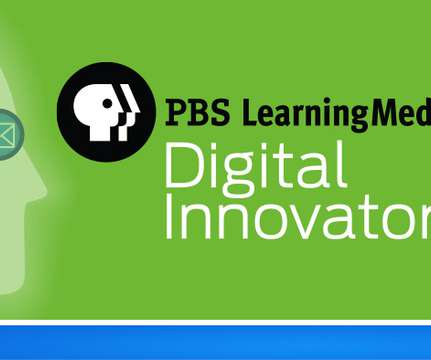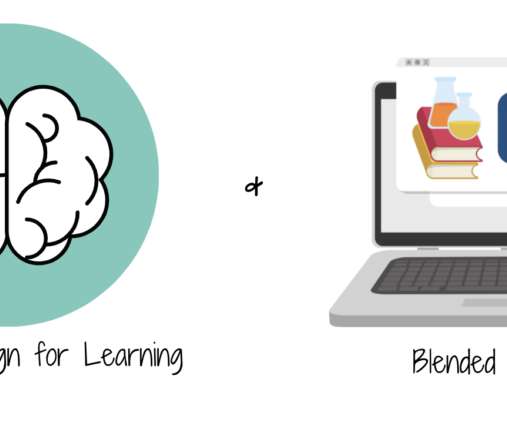PROOF POINTS: Stanford’s Jo Boaler talks about her new book ‘MATH-ish’ and takes on her critics
The Hechinger Report
APRIL 22, 2024
Nearly 2 out of every 5 eighth graders don’t even have the most basic math skills, according to the 2022 National Assessment of Educational Progress (NAEP). On the international Program for International Student Assessment (PISA) , American 15-year-olds rank toward the bottom of economically advanced nations in math achievement.









































Let's personalize your content